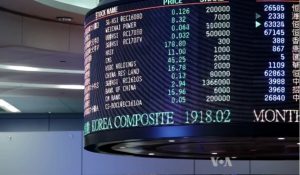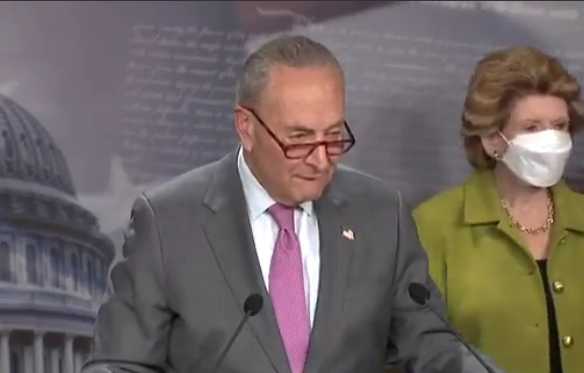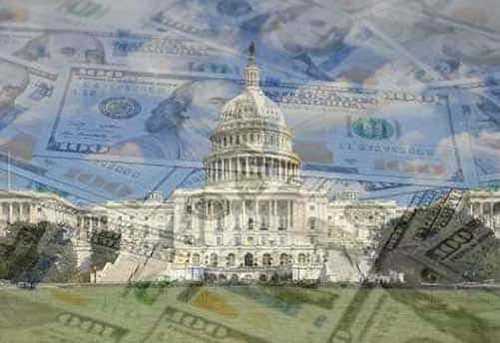
WASHINGTON / BEIJING—Global stock markets crashed, oil prices fell, and the value of the British currency plunged to a three-decade low after the unprecedented vote for the UK to leave the European Union. Worried investors sought safe havens for their money, and gold prices rose.
European markets were down sharply and futures contracts pointed to a lower opening for U.S. stocks Friday. In Asia, the Bloomberg financial news service estimated that markets in that region alone lost $700 billion during Friday’s trading. Japan’s markets fell so sharply that officials stopped trading for a brief time to calm them. Tokyo’s Nikkei index plunged by more than 8 percent and the value of the Japanese Yen slipped nearly five percent against the U.S. dollar. Hong Kong and South Korea stock indexes were off three percent or more at one point.
The major credit rating agencies said Brexit will hurt Britain’s economy. Moody’s says the vote signals a long period of “uncertainty” that will “weigh on the UK’s economic and financial performance.” S & P said Britain may face a rating downgrade. Fitch called the vote “credit negative.”
IMF wants smooth transition [xyz-ihs snippet=”adsense-body-ad”]
The head of the International Monetary Fund, Christina Lagarde urged the UK and Europe to work together on a “smooth transition” to a new economic relationship. She said the IMF supports commitments by the British central bank and the European Central Bank to make sure banks can continue to make loans. Uncertainty worries lenders and investors, who tend to stop making loans during times of crisis, which can further slow the economy and worsen the problem. The Bank of England has set aside $342 billion to help provide “liquidity” to keep markets running.
Japanese Finance Minister Taro Aso told reporters Japan is closely watching the “extremely nervous” foreign currency markets that are important for global economic growth. South Korea’s government pledged to “take all necessary measures” to soothe the foreign exchange market.
British Pound takes pounding
So far, the biggest victim from the vote appears to be the pound, which dropped to $1.34 by midday in Asia Friday, down from $1.50 earlier around the time when polls closed in Britain, its highest level this year.
The lower value of the British currency will make it more expensive to import goods to the UK, which could boost inflation. But the cheaper currency also means British-made goods will be less expensive and easier to sell on global markets which could help British exports.
Source: VOA [xyz-ihs snippet=”Adversal-468×60″]







